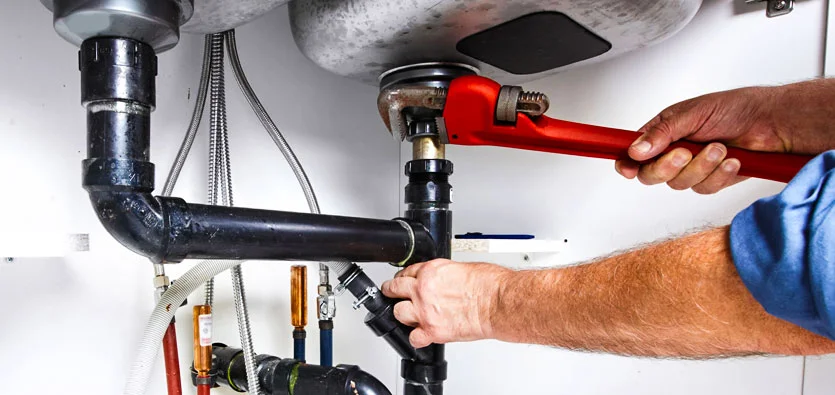A well-organized kitchen depends on smart storage choices, and canned food plays an essential role in maintaining efficiency. Understanding how long canned food lasts not only helps reduce waste but also ensures meals are prepared quickly and safely. By learning about canned food storage life, you can plan meals better, manage pantry space effectively, and save both time and money. This awareness also provides peace of mind, knowing that you are making the most out of your stored items while keeping them safe for consumption.
Why Canned Food Storage Life Matters
Canned food is designed to last longer than fresh produce, making it an excellent solution for busy households. However, knowing its storage life ensures you use items at their best quality. Using canned food within the recommended time frame keeps flavors intact and nutrients preserved, which supports healthier cooking and more enjoyable meals. Understanding how is powdered milk made helps extend canned food shelf life.
General Shelf Life of Canned Foods
The storage life of canned food varies depending on the type. Most canned items remain safe for years, but for best quality, it is helpful to follow guidelines:
- Canned vegetables and fruits: Generally last 1-2 years for best quality.
- Canned meats and seafood: Typically last 2-5 years if stored properly.
- High-acid foods like tomatoes or citrus: Best used within 12-18 months for freshness.
- Low-acid foods like beans or corn: Often remain good for 2-5 years.
Tips for Storing Canned Food Properly
Proper storage is the key to maximizing efficiency and ensuring your canned goods last as long as possible. Also, how long does canned food last varies depending on canning methods. Follow these simple steps:
- Store in a cool, dry place away from direct sunlight.
- Rotate stock by using older cans first.
- Check for dents, bulges, or leaks before using.
- Keep cans off damp surfaces to avoid rusting.
How Storage Awareness Improves Efficiency
When you know how long each item lasts, meal planning becomes quicker and easier. This prevents last-minute grocery trips and helps you make better use of existing pantry items. A clear understanding of storage life also means less clutter, as expired or questionable items are avoided. Key benefits include:
- Reduced food waste and cost savings.
- Better meal planning with ready-to-use ingredients.
- Increased confidence in food safety.
- Organized pantry that saves cooking time.
Practical Kitchen Advantages
Canned food storage awareness allows you to create balanced meals without stress. For example, having canned beans, tomatoes, and tuna ready means you can prepare nutritious dishes anytime without worrying about spoilage. This reliability supports smooth cooking routines and keeps your kitchen running efficiently.
Maximizing kitchen efficiency is about more than just having food on hand it is about understanding how long that food remains safe and useful. Canned food storage life knowledge ensures your meals are flavorful, nutritious, and stress-free. By practicing proper storage, rotating items, and following shelf life guidelines, you can enjoy the convenience of canned foods while making your kitchen both efficient and organized.





